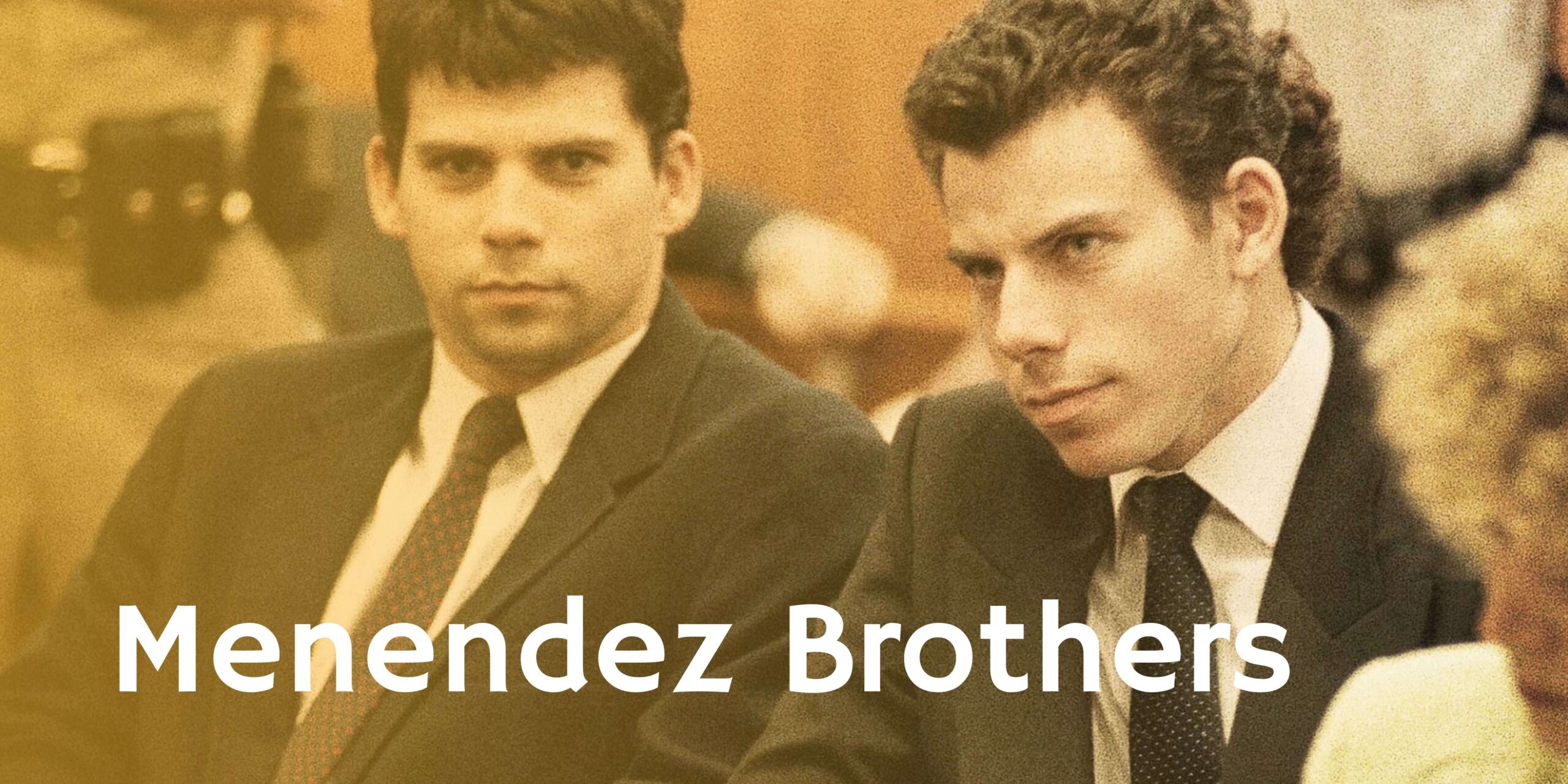The Menendez Brothers: A Tragic Tale Of Wealth, Murder, & Controversy

The Menendez Brothers, Lyle and Erik Menendez, are infamous in American history for the brutal 1989 murders of their wealthy parents, José and Kitty Menendez. Their story shocked the nation, not only due to the gruesome nature of the crime but also because it exposed a complex web of family dysfunction, greed, and alleged abuse. Decades later, the case remains a point of fascination, igniting debates about justice, morality, and the human capacity for violence.
The Murders
On August 20, 1989, José and Kitty Menendez were found dead in their Beverly Hills mansion. Both were shot multiple times in what appeared to be an execution-style killing. José Menendez, a successful Cuban-American business executive, and his wife Kitty lived a life of luxury with their two sons, Lyle and Erik. At first, the brothers told police they discovered their parents’ bodies after returning from a movie. They portrayed themselves as grieving sons, seemingly devastated by the loss of their parents.
However, in the months following the murders, the brothers began to raise suspicion. Despite their claims of grief, Lyle and Erik embarked on extravagant spending sprees, using their parents’ wealth to buy luxury cars, expensive watches, and even a restaurant. This sudden display of wealth raised eyebrows, especially given the brutal nature of the crime.
The Arrest & Trial
In 1990, following growing suspicion and an investigation, Lyle and Erik Menendez were arrested and charged with the murders of their parents. The trial, which began in 1993, became a media sensation, broadcasted on national television and captivating the public.
During the trial, the brothers admitted to killing their parents but claimed they did so in self-defense. According to their testimony, they had endured years of sexual, physical, and emotional abuse at the hands of their father, José Menendez, while their mother, Kitty, was allegedly complicit in the abuse. The defense argued that the brothers believed their parents were planning to kill them, which led to the preemptive act of violence.
The prosecution, however, presented a different narrative. They contended that the murders were driven by greed. Lyle and Erik, the prosecution argued, killed their parents to gain access to the family fortune, a claim supported by their lavish post-murder spending. The brothers’ conflicting motives—self-defense versus financial gain—were at the center of the case.
The Verdict & Sentencing
The first trial ended in a mistrial, with jurors divided on whether the brothers acted out of fear or greed. However, in a second trial held in 1996, the Menendez brothers were both convicted of first-degree murder and sentenced to life in prison without the possibility of parole. The jury in the second trial was not allowed to consider the abuse allegations as a defense, which played a crucial role in their conviction.
Public Fascination & Controversy
The Menendez brothers’ case remains a subject of public intrigue, partly because of the sensationalism of the trial and the media’s portrayal of the two. Over the years, the case has been the subject of numerous books, documentaries, and even a dramatized TV series, “Law & Order: True Crime—The Menendez Murders.” Public opinion remains divided. Some view the brothers as cold-blooded killers, while others believe their claims of abuse and view their actions as a desperate attempt to escape their father’s tyranny.
In recent years, the case has seen renewed interest due to changes in societal attitudes toward abuse and trauma. Some advocates argue that the brothers’ allegations of abuse should have been taken more seriously, and their life sentences are a miscarriage of justice. Despite this, the brothers remain in separate prisons, serving out their life sentences.
Conclusion
The Menendez Brothers‘ case is a tragic tale of wealth, power, and family dysfunction. While the brutal nature of the crime shocked the world, the complexities of their defense continue to provoke discussion and debate. Regardless of one’s perspective on their guilt, the case of the Menendez brothers serves as a reminder of how wealth, family secrets, and violence can intersect in profoundly destructive ways.






